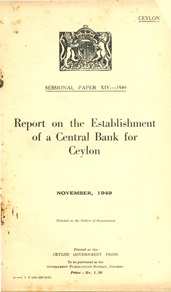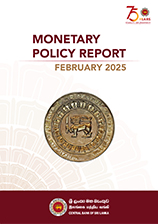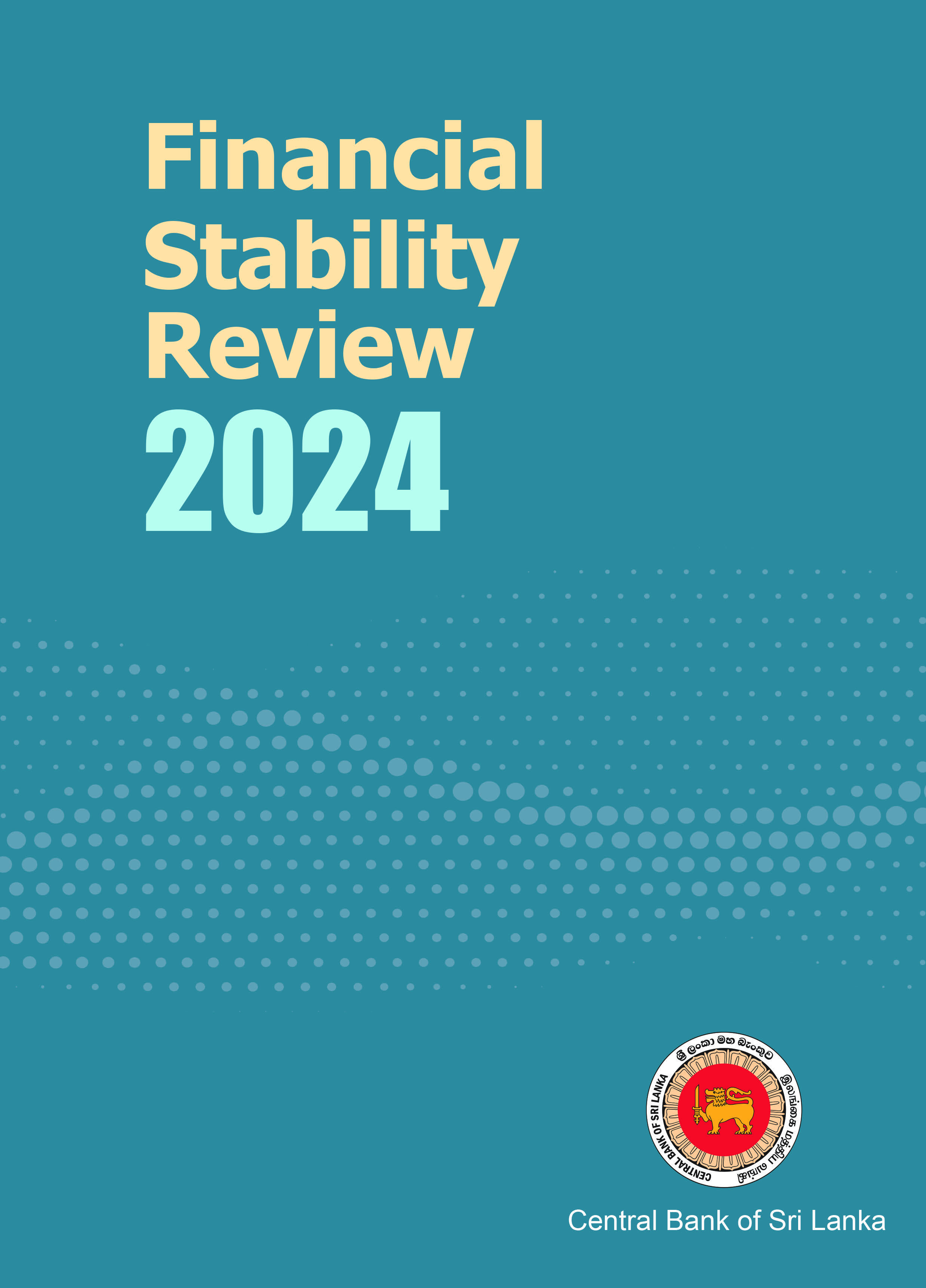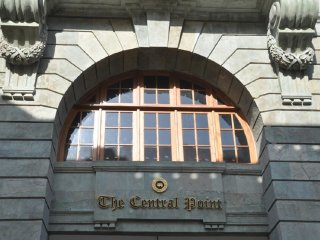The COVID-19 induced downturn in the Sri Lankan manufacturing sector deepened during April as reflected by further contraction in Manufacturing PMI, which recorded at an index value of 24.2 with a fall of 5.8 index points from the previous month, reaching the lowest level since the beginning of the survey. This decline in index was mainly driven by New Orders, Production and Employment sub-indices which declined at record rates.
-
Sri Lanka Purchasing Managers’ Index - April 2020
-
External Sector Performance - February 2020
The trade deficit widened in February 2020 compared to February 2019, as expenditure on imports increased at a faster pace than the increase in earnings from exports. The tourism industry, which recovered faster than expected in the aftermath of the Easter Sunday attacks, was affected again with the outbreak of COVID-19 evolving as a pandemic from late February 2020. Workers’ remittances recorded a year on year growth, while foreign investment in the government securities market and the Colombo Stock Exchange (CSE) recorded net outflows in February 2020. The Sri Lankan rupee, which remained relatively stable up to the second week of March 2020, depreciated significantly in the latter part of March up to mid-April 2020, but started to stabilise thereafter, and recorded a significant appreciation in the first week of May 2020. Significant implications on the external sector performance are expected from the COVID-19 pandemic from March 2020 onwards, particularly in the areas of merchandise trade, tourism, workers’ remittances and foreign investment.
-
Central Bank of Sri Lanka Implements Extraordinary Regulatory Measures to Provide Liquidity to Banks amidst COVID-19 Outbreak
The Monetary Board of the Central Bank of Sri Lanka (CBSL), in the wake of the possible adverse impact on liquidity and other key performance indicators of licensed commercial banks and licensed specialised banks (licensed banks) due to the implementation of the credit support scheme to assist COVID-19 hit businesses and individuals, and the need to meet other urgent liquidity needs of banks, considers it imperative to strengthen the liquidity positions of banks.
-
Delisting of Sri Lanka by the European Commission from its List of High Risk 3rd Countries
The European Commission has de-listed Sri Lanka from its list of High Risk Third Countries with Anti- Money Laundering and Countering the Financing of Terrorism Strategic Deficiencies published on May 07, 2020.
-
The Central Bank of Sri Lanka Further Reduces Policy Rates to Support Economic Activity
The Monetary Board of the Central Bank of Sri Lanka, at a special meeting held on 06 May 2020, reviewed the current monetary policy stance and decided to reduce the Standing Deposit Facility Rate (SDFR) and the Standing Lending Facility Rate (SLFR) of the Central Bank by 50 basis points to 5.50 per cent and 6.50 per cent, respectively, effective from the close of business on 06 May 2020. The Board arrived at this decision considering the necessity to further support the economy to weather the adverse economic impact caused by the COVID-19 pandemic, given subdued inflationary pressures. With this decision, policy interest rates of the Central Bank have been reduced by 150 basis points thus far in 2020, in addition to the other measures taken to ease monetary conditions in the market.
-
The Central Bank of Sri Lanka Extends the Deadlines to Facilitate Covid-19 Affected Businesses and Individuals
Considering the difficulties faced by some customers of financial institutions affected by the COVID-19 pandemic to obtain certain relief measures, the Central Bank of Sri Lanka has extended the deadline (30.04.2020) for submitting requests for debt moratoriums and 4% per annum refinancing facility for two months working capital, until 15 May 2020. Further, where the validity period of cheques valued less than Rs.500,000 has expired, the banks are required to consider them as valid until 15 May 2020. These extensions were effected through the Circular No. 06 of 2020 dated 28.04.2020.
-
CCPI based Inflation decreased in April 2020
Headline inflation as measured by the year-on-year (Y-o-Y) change in the Colombo Consumer Price Index (CCPI, 2013=100)1 declined to 5.2 per cent in April 2020 from 5.4 per cent in March 2020. This was solely driven by the statistical effect of the high base prevailed in April 2019. Meanwhile, Food inflation (Y-o-Y) recorded at 13.2 per cent in April 2020 and Non-food inflation (Y-o-Y) declined to 2.1 per cent in April 2020 from 2.5 per cent in March 2020.
-
The Central Bank of Sri Lanka Releases its Annual Report for the Year 2019
In terms of Section 35 of the Monetary Law Act No. 58 of 1949, the seventieth Annual Report of the Monetary Board of the Central Bank of Sri Lanka was presented to Hon. Mahinda Rajapaksa, the Prime Minister and the Minister of Finance, Economic and Policy Development, by Deshamanya Professor W.D.Lakshman, the Governor of the Central Bank of Sri Lanka.
-
The Central Bank of Sri Lanka Imposes Maximum Interest Rates on Pawning Advances of Licensed Banks
The Central Bank of Sri Lanka observes that the current interest rates charged by licensed banks on pawning advances range from 12% - 17.5% per annum. Considering the necessity to provide relief to low income individuals who are pawning gold jewellery to meet their short-term financing needs due to the adverse economic situation resulting from the COVID-19 outbreak, the Monetary Board of the Central Bank of Sri Lanka has decided to impose maximum interest rates on pawning advances of licensed banks.
-
Withdrawal of Primary Dealership by Union Bank of Colombo PLC
The general public is hereby informed that having considered the request made by the Union Bank of Colombo PLC (UBC), the Monetary Board of the Central Bank of Sri Lanka has granted approval for UBC to cease its operations as a Primary Dealer with effect from 01 May 2020. UBC will continue to function as a Dealer Direct Participant in the LankaSettle system and transact in scripless government securities on behalf of its customers and maintain its customer accounts in the LankaSecure system.










